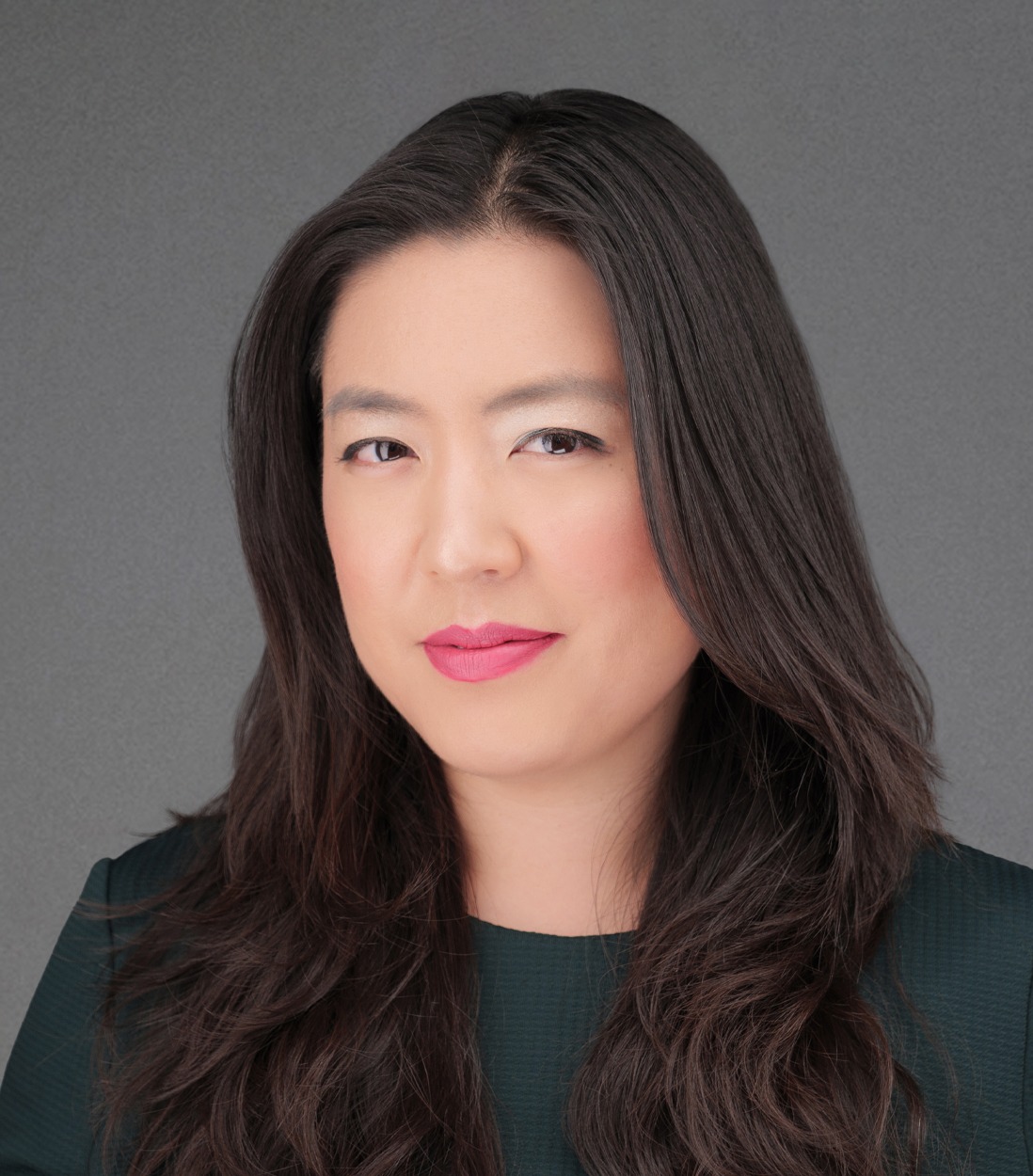Why did Human Immunology Biosciences get bought out less than five months after closing a $95 million Series B?
HI-Bio’s executives were highly confident in the company’s lead program, felzartamab, and its board was keeping its options open for a “dual-track” to either an IPO or M&A, according to board director and Monograph Capital chair Fred Cohen.
In May, HI-Bio published Phase 2 data illustrating felzartamab’s potential in multiple immune-mediated indications. Cohen said he believed an acquisition would speed up felzartamab’s development, and then Biogen presented them with an offer they couldn’t refuse: buying the company for $1.15 billion upfront.
 Fred Cohen
Fred Cohen“If I had to simplify the decision, I would tell you that, as HI-Bio, we could have raised capital to do three Phase 3 studies in series but not in parallel,” Cohen said. “With Biogen as our partner here, we’re going to be able to go more in parallel.”
As a private company, HI-Bio was not required to file a “backgrounder” document with the SEC that described the negotiations that led to the Biogen deal. Cohen, HI-Bio CEO Travis Murdoch, and HI-Bio board director and ARCH partner Carol Suh sat down with Endpoints News over Zoom last week to discuss the ins and outs of the acquisition.
All three declined to comment on whether HI-Bio had received offers from other companies, but Suh noted there was interest from “a number of parties.” Murdoch also declined to comment when asked about potential layoffs as HI-Bio gets integrated into Biogen, pointing to the company’s press release from May announcing the deal.
That “really speaks to this idea of a West Coast immunology hub,” Murdoch said, “and so there’s a very strong commitment to our team.”
They also reiterated that it made sense to pursue a buyout and not a licensing deal for felzartamab, which represents about 85% to 90% of HI-Bio’s value.
Biogen, meanwhile, is able to provide HI-Bio with the resources needed to get felzartamab across the finish line and has experience in immunology and rare disease, Murdoch said. Cohen credited Biogen head of research Jane Grogan for the pitch that ultimately convinced HI-Bio to sell.
“We found ourselves to be persuaded,” Cohen said.
Similar deals
HI-Bio is the latest immunology company to get acquired. Novartis bought Chinook Therapeutics for $3.2 billion last year, and Vertex acquired Alpine Immune Sciences for $4.9 billion in April. HI-Bio’s buyout came in at $1.15 billion upfront and milestones that could total up to an additional $650 million.
 Carol Suh
Carol SuhMurdoch, Cohen and Suh said they don’t think they left any money on the table by agreeing to a buyout now rather than after launching pivotal trials. Cohen described the deal as a “halftime report,” noting that a significant amount of future value is tied to felzartamab’s success.
“We tend to focus on price per share rather than total market cap,” Cohen said. “To go and do the Phase 3 studies would have required us to raise a lot of capital and necessarily take a great deal of dilution and risk.”
Suh pointed to the bear market for biotechs in recent years as a motivating factor for getting a deal done quickly. HI-Bio de-stealthed in late 2022 at a time when raising cash was extremely difficult.
“We’ve navigated building this company through a market downturn as well as its recovery,” Suh said. “But given some of the things that we’ve had to navigate from, as Fred noted, a risk-return profile, we always want to do what’s best for our shareholders — but importantly, what’s best for the opportunity to develop a medicine for patients.”